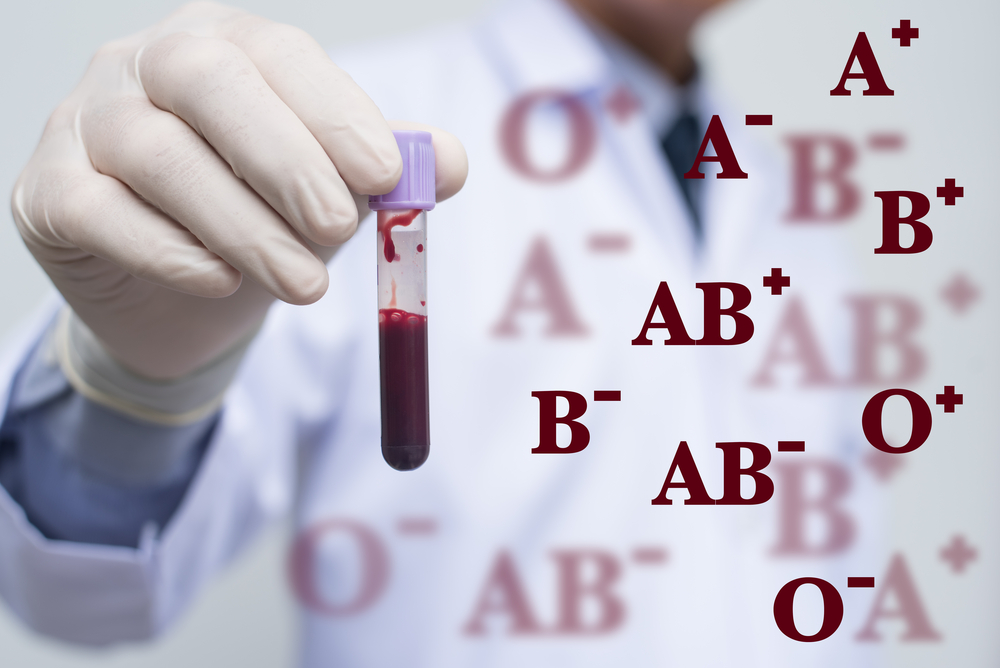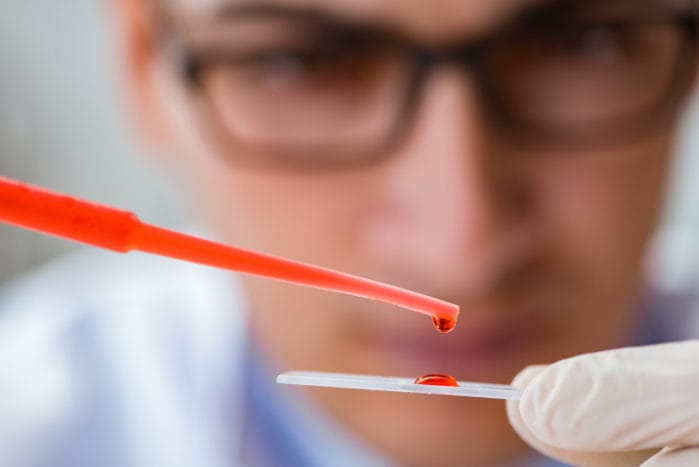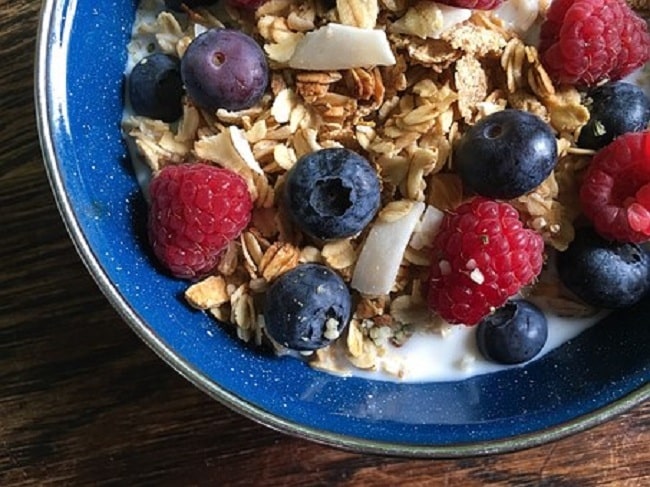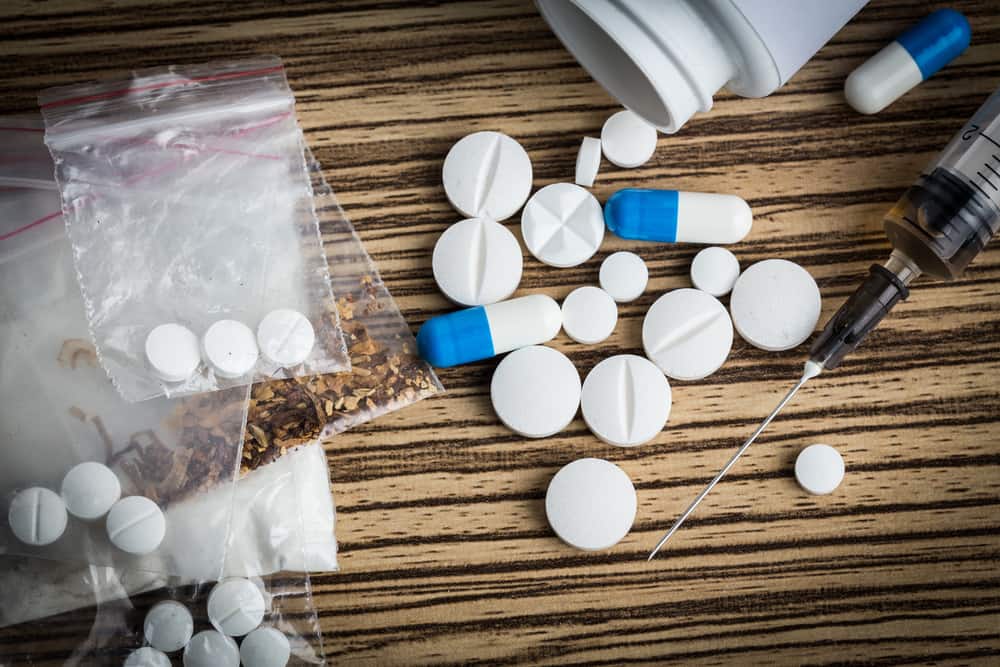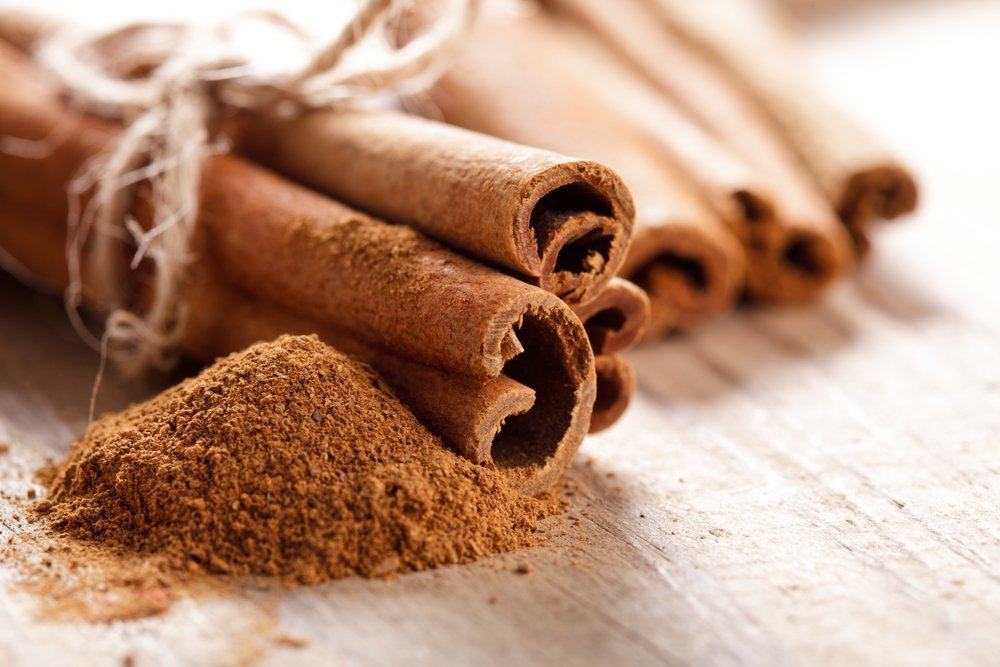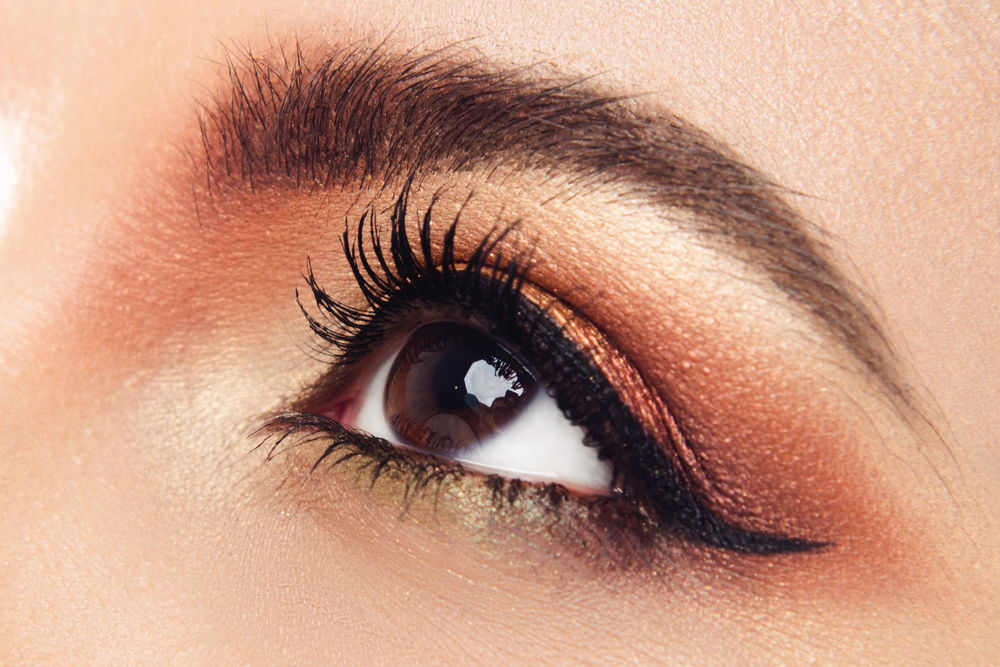Contents:
- Medical Video: How Blood Type Affects Pregnancy Medical Course
- Know the characteristics of blood type
- Effect of parental blood type on a child's blood type
- Only a few people have AB blood type negative
- So, what makes AB blood group very rare?
- Detect the risk of disease from the type of blood you have
- A blood type
- Blood type B
- Blood type AB
- Blood type O
- Regulate diet with a blood type diet
- Diet for blood type A diet
- Diet for a blood type B diet
- Diet for blood type O diet
- Diet for blood type AB diet
Medical Video: How Blood Type Affects Pregnancy Medical Course
What is your blood type? A, B, O, or AB? Basically everyone has different blood types. This type of group difference is based on the presence or absence of antigens in red blood cells and blood plasma.Since blood has an important role for the body, you need to know the characteristics of each type of blood. Check out the full review of blood types below.
Know the characteristics of blood type
Blood in the body generally contains the same basic components, namely red blood cells, white blood cells, platelets and plasma. Red blood cells produced in the spinal cord play a role in carrying oxygen throughout the body. Every 600 red blood cells in the body, there are only 40 platelets and one White blood cell whose duty is to protect your body from germs.
On the surface of red blood cells there are proteins that bind to carbohydrates. This bond is used to determine the type of blood you have, called an antigen. Well, these antigens are grouped into eight basic blood types, namely A, B, AB, and O, each of which can be positive or negative.
- Blood type A: only has A antigen in red blood cells (and B antibodies in plasma)
- Blood type B: only has B antigens on red blood cells (and A antibodies in plasma)
- Blood type AB: has antigen A and B on red blood cells (but antibodies A and B are not in the plasma)
- Blood type O: does not have antigen A and B on red blood cells (but antibodies A and B are in plasma)
You must know what blood type you have, especially if you want to do a transfusion or blood donors. The reason is, patients who receive blood with an incompatible group often experience dangerous reactions.
If blood type A gives blood to patients with blood type B, the body will stimulate an immune response to destroy foreign substances that do not match the body.
Generally people who have a negative O group can donate blood to all blood types, because this blood type does not have antibodies that can trigger a reaction. That is why, group O is often referred to as a universal donor.
Meanwhile, group AB is often referred to as a universal recipient because people with this blood type can get blood transfusions from groups A, B, AB or O. Unfortunately, this blood type can only donate blood to people with the same blood type.
In addition to antigens A and B, there is also a third antigen called the Rh factor (rhesus) which can be either present (+) or absent (-). You also need to pay attention to whether your blood type is positive or negative before transfusion. If your blood is positive, it means that your blood type contains rhesus D antigen or if it is negative it does not have that antigen.
The presence or absence of these signs in your blood does not make your blood healthier or stronger. This difference occurs because of genetic factors. Even so, this is also important to note when you want a blood transfusion.
Effect of parental blood type on a child's blood type
Like eye color and hair type, blood type is also inherited genetically from parents. Therefore, the parents' blood type will also determine the child's blood type later. Even so, the child's blood type is not always exactly the same as the parent. Because various combinations of blood types will produce different types.
If you are confused, here are the blood types that your child might have.
- If your blood type and partner both AB, then your child might have a group A, B, or AB.
- If your blood type AB and partner B, then your child might have a group A, B, or AB.
- If your blood type AB and partner A, then your child might have a group A, B, or AB.
- If your blood AB and partner O, then your child might have a group A or B.
- If your blood type and partner both B, then your child might have a group O or B.
- If your blood type A and partner B, then your child might have a group O, A, B, or AB.
- If your blood type and partner you're welcome, then your child might have a group O or A.
- If your blood type O and partner B, then your child might have a group O or B.
- If your blood type O and partner A, then your child might have a group O or A.
- If your blood type and partner both O, then your child might have a group O.
Only a few people have AB blood type negative
If you are someone who has AB group, it means you are unique. Because, this group is very rare in society.Reporting from Medical Daily, a study conducted by the Stanford School of Medicine shows the proportion of blood types in the community as follows:
- O positive: 37.4 percent
- O negative: 6.6 percent
- A positive: 35.7 percent
- A negative: 6.3 percent
- B positive: 8.5 percent
- B negative: 1.5 percent
- AB positive: 3.4 percent
- AB negative: 0.6 percent
Although it is still a rough percentage, it is clear that blood type AB is rare and very rare in the community. However, these results also depend on the ethnic background and territory of the country, for example blood group B is more commonly found in Asians, while blood type O is found in Latin America.
So, what makes AB blood group very rare?
The blood type that you have comes from one blood type gene each parent. For example, people with blood type A can inherit gene A from both parents or it can also be from gene A one parent and gene O from the other party. This is the same as blood type B. While blood type O inherits two genes O from their parents.
Meanwhile, people with blood type AB inherit the A gene from one parent and B gene from the other party. However, to produce this AB blood group is quite difficult. Because, based on the number of people who have blood type A and B, including a little so the possibility to produce this combination is low.
Although classified as rare, group AB apparently has one big advantage that other blood groups do not have. People with a positive type AB blood type can accept all blood groups. This is why the AB blood group is called a universal receiver. Whereas the universal donor or donor is an advantage of people with type O blood type.
Detect the risk of disease from the type of blood you have
As explained above, your blood type is determined by substances contained in the blood. But, do you know if these substances can interact with the immune system that can affect your risk of certain diseases in the future?
So whether it's the blood type A, B, AB, or O, you can be more vulnerable or even immune to certain health problems, such as heart disease, cancer, or other diseases. This is based on several new studies that have found a link between a number of diseases with certain blood types.
Although further research is still needed, knowing the potential risks early will help you to prevent various diseases later. Here are some of the risks of disease based on blood type.
A blood type
Those of you who have this type of blood are 20 percent more likely to develop stomach cancer than people with blood type B or O. According to Gustaf Edgren MD, PHD, an epidemiologist at Karolinska University Hospital Sweden, blood groups A and AB have immune system reactions that more sensitive to the H. pylori bacteria, which is the bacteria that causes stomach cancer.
You can reduce the risk of this disease by limiting the consumption of processed meat rich in nitrates such as sausages, corned beef, nuggets, and so on.Not only that, people who have this blood type are also at a higher risk of heart disease than group A.
Blood type B
People who have blood type B have a 20 percent higher risk of developing type 2 diabetes than those with blood type O. Owners of blood type B are also at risk of developing high blood pressure (hypertension) and heart disease later in life.
If you have blood type B, you can prevent the risk of heart disease, high blood pressure, and diabetes by adopting a healthy lifestyle. Begin to improve your diet and increase physical activity.
Blood type AB
According to long-term research conducted by experts from the University of Vermont, people who have AB class are at risk of developing cognitive impairment when compared to other blood types. Regular exercise and eating lots of good foods for the brain is the main way to prevent these risks.
Exercise and lots of physical activity can facilitate circulation and bring more oxygen to the brain. In addition, do activities that encourage your brain to continue working and thinking, such as learning a foreign language, playing TTS, and reading difficult books.
Blood type O
According to the results of a study conducted by researchers from the Harvard School of Public Health, blood type O has a 23 percent lower risk of heart disease than other blood types. Unfortunately, blood type owners are more susceptible to gastric disease caused by the H pylori bacteria.
To prevent this risk, always pay attention to your food intake. Don't forget, balance it with the application of a healthy life as a whole such as quitting smoking, limiting drinking alcohol, and controlling weight.
Regulate diet with a blood type diet
According to Peter D’Adamo in his book entitled Eat Right for Your Type mentioned that blood is the most basic food for your body. This makes different blood types react differently to the food you eat. Therefore, Peter D'Adamo provides food recommendations based on a blood type diet.
Diet for blood type A diet
Generally, someone who has a blood type A immune system tends to be weaker. In addition, people with this blood type also have lower stomach acid levels. As a result, they tend to be more difficult to digest foods that contain lots of fat and animal protein.
The recommended diet for a group A diet is to eat foods that contain protein such as soybeans, tempeh, peas, seeds, vegetables, and fruits that are alkaline in nature such as avocados, dates, apples, berries, and others. But because blood type A owners tend to be sensitive to lectins, they are not recommended for consumption of potatoes, tubers, and papaya, mango, and oranges that can trigger diabetes.
Diet for a blood type B diet
Compared to other blood groups, people with blood type B are more flexible in eating food. They can eat foods that contain both vegetable and animal protein. That is why, a diet for group B diet is recommended to multiply eating red meat, green vegetables, eggs, and low-fat dairy products.
However, blood type B owners are not recommended for consumption of chicken, wheat, corn, beans, tomatoes, peanuts and sesame seeds because these foods can affect the body's metabolic processes which can lead to fatigue, fluid retention, and hypoglycemia.
Diet for blood type O diet
Owners of group O tend to have high levels of stomach acid, but they have the ability to digest protein and fat well. People with group O are not recommended to drink milk and processed foods too often. Because the milk product is difficult for the body to digest.
In addition, a diet for the blood type O diet is not recommended to consume cabbage, and wheat because it can inhibit thyroid hormones. These foods also have a bad influence on insulin so that it can inhibit the body's metabolic system.
For those of you lovers of fruit, good fruit eaten for blood type O diet are alkaline fruits such as avocados, apples, and dates.
Diet for blood type AB diet
Just like group A, people with AB blood type have low stomach acid so they are not recommended to eat meat because the digestive system is difficult to receive these foods. They are also not recommended to consume caffeine and alcohol especially when they are stressed.
The recommended foods to consume are tofu, milk, green vegetables, and seafood which are the best sources of protein such as salmon, sardines, tuna, and red snapper.

